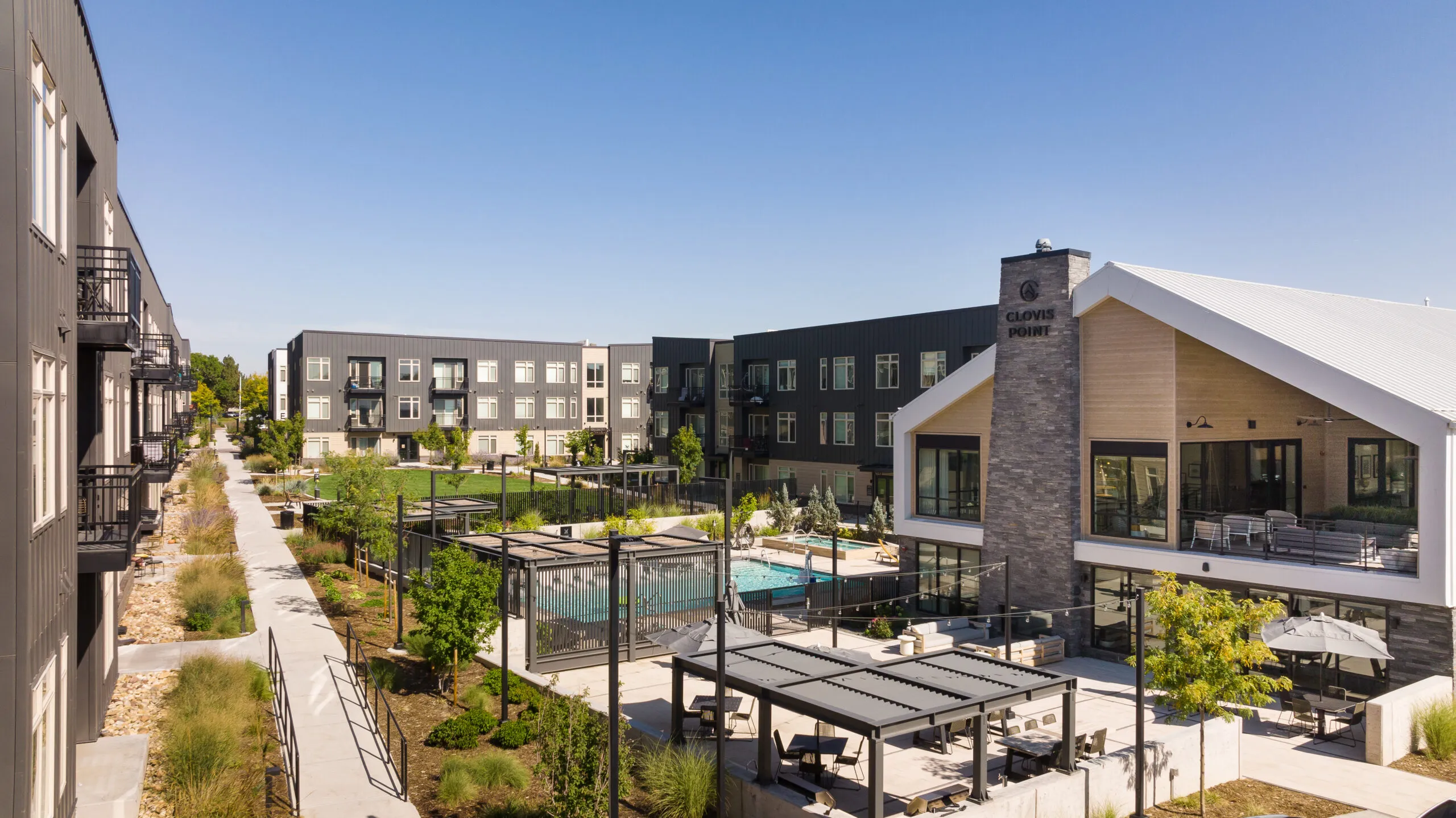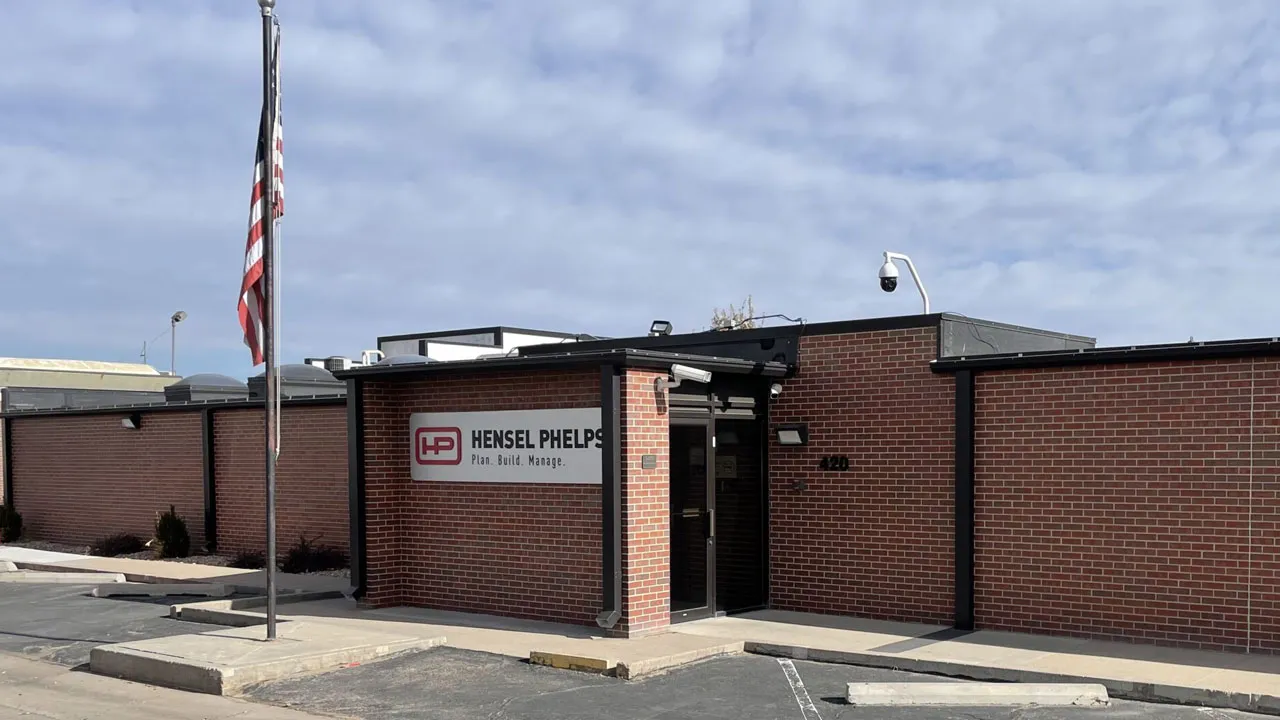Series of lawsuits may change how metro districts operate
Editor’s note: This report first appeared at BusinessDen, a BizWest news partner.
With two pending cases and a potential appeal in a third, 2023 is shaping up to be an essential year for the movement to reform metropolitan districts through Colorado’s court system.
The cases pose a direct challenge to the financing mechanism of metro districts, in which developers build neighborhoods and the public infrastructure in them and then get repaid in the years or decades that follow by taxing residents through the issuance of bonds.
“Litigation is never something you look forward to, but in this context it was just inevitable and…
THIS ARTICLE IS FOR SUBSCRIBERS ONLY
Continue reading for less than $3 per week!
Get a month of award-winning local business news, trends and insights
Access award-winning content today!




